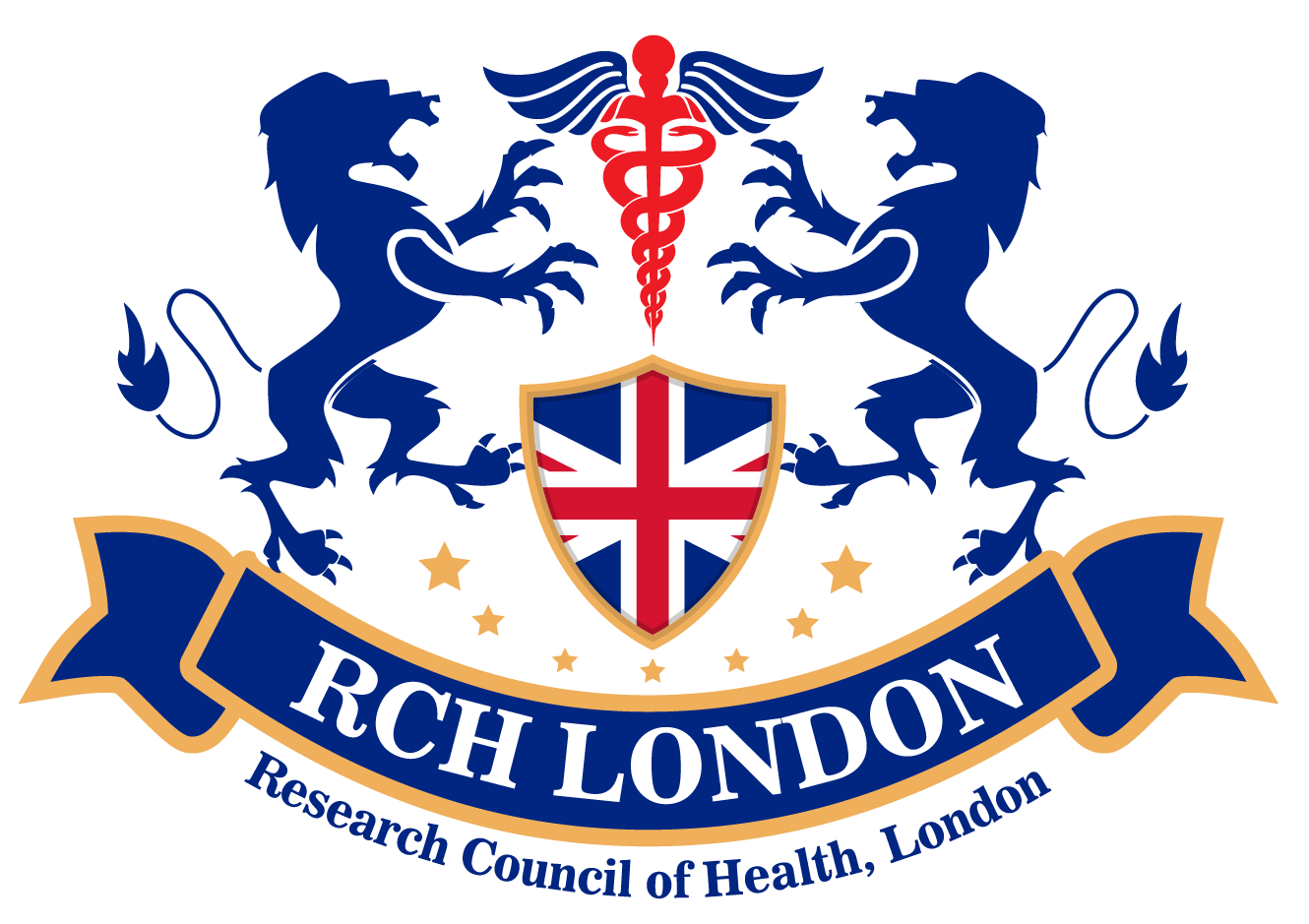2-3 cups of coffee a day may reduce kidney injury risk by 23%
Researchers have investigated the effects of coffee intake on acute kidney injury risk.
They found that drinking any amount of coffee reduces the risk of acute kidney injury but that 2-3 cups per day is most beneficial.
They say that further research is needed to understand why this link may exist.
CoffeeTrusted Source contains many beneficial compounds for health, including caffeine, diterpenes, and chlorogenic acid.
StudiesTrusted Source show that habitual coffee consumption is linked to the prevention of chronic and degenerative conditions, including cancer, cardiovascular disorders, diabetes, and Parkinson’s disease.
Caffeine, the most commonly studied compound in coffee, exerts positive effects on kidney function, and daily coffee consumption is linked to a lower risk of chronic kidney disease.
Although other compounds in coffee are less studied, compounds such as chlorogenic acid and trigonelline are known to reduce generalized inflammation and oxidative stress.
Knowing more about how coffee consumption affects the incidence of other kidney-related conditions could help policymakers take steps to reduce people’s risk of developing progressive kidney disease.
Recently, researchers investigated the effects of coffee consumption on acute kidney injury (AKI), when the kidneys lose all or part of their function suddenly.
AKI represents a public health problem with around 0.25% of the general population experiencing AKI, which rises to 18% among individuals who are hospitalized annually.
From their analysis, the researchers found that higher coffee intake is linked to a lower risk of incident AKI.
The study was published in Kidney International Reports.
The most beneficial amount of coffee
For the study, the researchers used data from 14,207 adults ages 45 – 64 from the Atherosclerosis Risk in Communities (ARIC) studyTrusted Source.
The researchers assessed the participants’ coffee consumption during their first visit via a food frequency questionnaire. In total, they found:
27% never drank coffee
14% drank less than a cup of coffee per day
19% drank 1 cup per day
23% drank 2-3 cups per day
17% drank more than 3 cups per day
To define acute kidney injury, the researchers looked at rates of hospitalization, including an International Classification of Diseases code indicating AKI throughout a median period of 24 years follow-up. They noted 1,694 cases of incident AKI during the follow-up period.
After adjusting for demographic factors, they found that individuals who consumed any amount of coffee had an 11% lower risk of developing AKI compared to individuals who did not consume the beverage.
The researchers further noted a dose-dependent relationship between AKI and coffee intake, with those consuming 2-3 cups of coffee per day experiencing the most substantial risk reduction.
Coffee’s protective effects
When asked what might explain the potential protective effects of coffee for acute kidney injury, Dr. Matthew Weir, professor of medicine and the head of the Division of Nephrology at the University of Maryland, who was not involved in the study, told Medical News Today that the study did not offer clues.
“[The researchers] provide theories, but there are numerous problems with retrospective data review, which may confound the observations and limit the validity. At least there was no evidence of harm,” said Dr. Weir.
In the study, the researchers noted their findings might be the result of bioactive compounds in coffee that improve perfusion and oxygen utilization in the kidneys.
Dr. Kalie L. Tommerdahl, assistant professor of pediatric endocrinology at the University of Colorado, and Dr. Chirag Rohit Parikh, director of the Division of Nephrology at Johns Hopkins University


